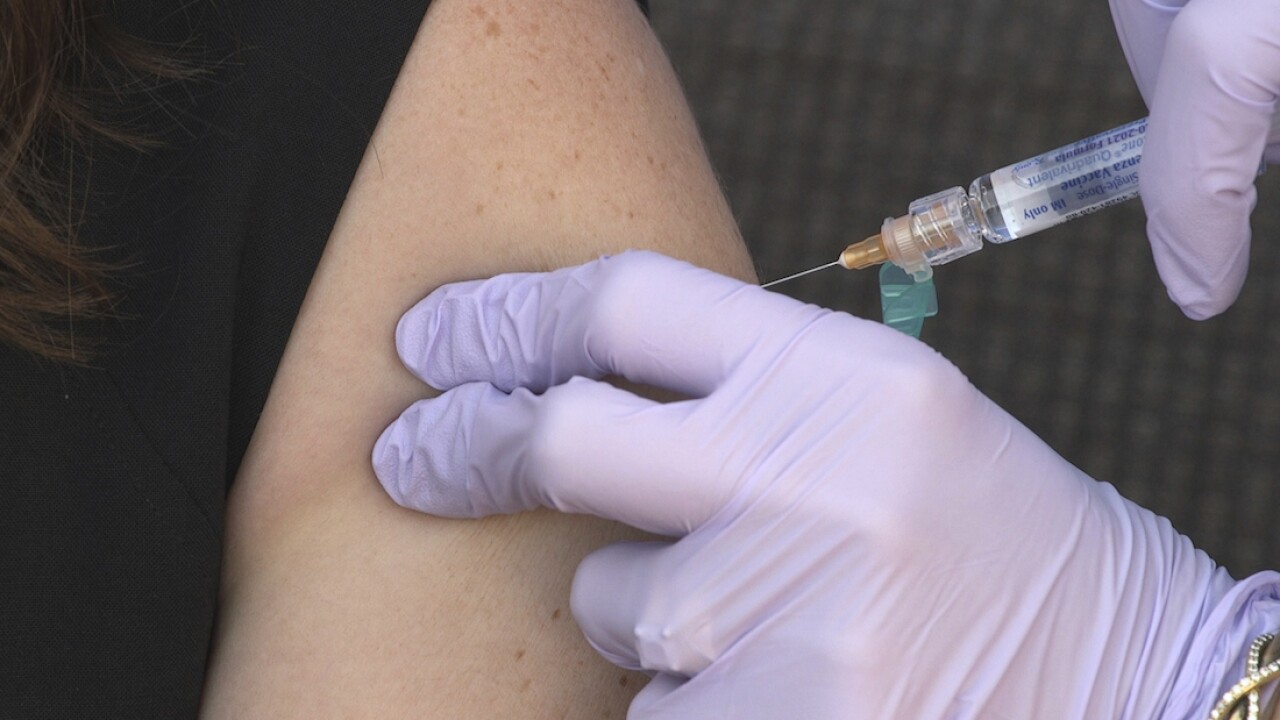BUFFALO, N.Y. (WKBW) — Monday, Governor Andrew Cuomo announced 25 zip codes with the lowest vaccination rates in the state. Of the 25 zip codes, four are in Western New York:
- 14737: Franklinville, vaccination rate 31%
- 14070: Gowanda, vaccination rate 31.2%
- 14211: Buffalo, vaccination rate 33.4%
- 14042: Delevan, vaccination rate 33.8%

Three of those zip codes lie in Cattaraugus County. Cattaraugus County Public Health Director Dr. Kevin Watkins said he believes addressing vaccine hesitancy in those zip codes will increase vaccination rates.
"You know it's almost like a one on one. It's time consuming," Dr. Watkins said, "We are trying to address those myths and debunk some of those misconceptions that are currently out there on social media and among those who they are constantly talking to about the vaccine itself."
Dr. Watkins and Gowanda Mayor David Smith said the true vaccination rate in Gowanda may not be accurately reflected by state data.
"Every time we have an availability, people are going. Slots are filled. I just think it's under reporting due people that take advantage of the vaccine availability at the Seneca National Health Clinic," Smith said.
Governor Cuomo said Buffalo's 14211 zip code also has one of the lowest vaccination rates in the state. The 14211 zip code includes the neighborhoods around MLK Park and Schiller Park.
Dr. Raul Vazquez, a physician at Urban Family Practice, said vaccine hesitancy needs to be addressed in the 14211 through community leaders and primary care doctors.
"You really have to get into those communities, almost grass roots. Figure out where they go and speak at there level," Dr. Vazquez said.
According to 2018 census data, nearly 35% of people living in the 14211 zip code live below the poverty level. Dr. Vazquez said that affects if people take the vaccine as well.
"It all goes back to social determinants of health. You're not thinking about your health. You're thinking about where you're going to stay, transportation, food. Things that are essential," Dr. Vazuqez said.
David Hertzberg, an associate professor of history at the University at Buffalo, said hesitancy toward the COVID-19 vaccine is not unprecedented.
"Vaccine hesitancy has been a universal aspect of vaccine history. At times it's been more intense than it is today, and there have been times when it's been less intense," Hertzberg said, "We're not very out of line from what has happened in the past. We're seeing it a lot more, and it's a little bit more unnerving perhaps, because we're living in it rather than reading about it."
Hertzberg said vaccine hesitancy has been and is caused by mistrust in the government.
"Vaccine hesitancy isn't a marker of stupidity or irrationality, it's an engagement with legitimate political issues. To win over skeptics means to develop the trust that you are pursuing the public good," Hetzberg said.





